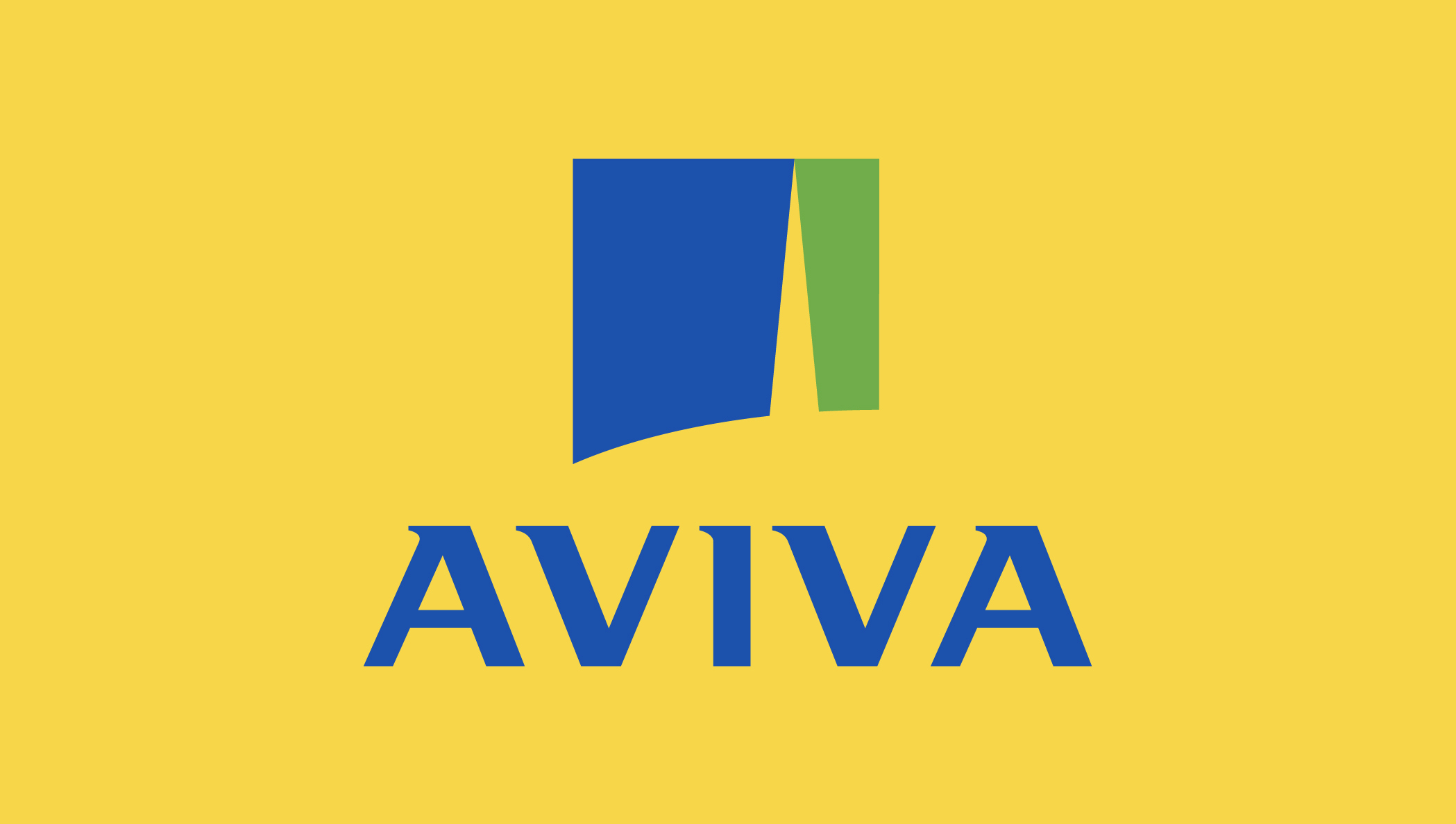The first place to start is people, as the performance of individuals and teams is critical to success in our knowledge and service-led economy.
Businesses have had to make tough decisions, with restructures, redundancies and reduced working hours having an impact on morale and productivity. The whole landscape of the labour market has been turned on its head, with debate as to whether the UK will see unemployment of up to three million. There are signs things are improving - the last Reed Job Index, which gives the most up-todate monthly indication of the health of the labour market, showed overall employer demand is up 18% year on year.
While things are improving, recession has brought a lasting legacy of greater focus on the measurement of people's contribution and return on investment. Senior managers want to know the value of their people 'assets'. Having a clear view of the talents, skills, behaviours and competencies of people is essential and, given the level of change many firms have been through, shouldn't be overlooked.
I have recently co-authored with Paul Stoltz a book called Put Your Mindset to Work (Viking) about the qualities that employers look for in employees and how these translate into business success - and, rather than skills, we found it's all about mindset. We did major research, which revealed the majority of employers (97%) place more value on employees having the right mindset - so this should be central to evaluation of the people within an organisation.
So, what is the 'right' mindset? It is about what you see, think and believe. It is not about putting on a bright, shiny display of positivity. Mindset is deeper. It is the internal lens through which you see and navigate life.
I wanted to look at ingredients of mindset that employers say make the biggest difference and build a picture of the winning mindset - defined by us as the '3G mindset': Global, Good and Grit.
n Global - This refers to openness to new experiences and ideas, as well as the ability to make connections and create new combinations. People who score highly here are easily able to think outside their immediate sphere.
n Good - This is about ethics, integrity and the ability to see and to approach the world in a way that benefits others.
n Grit - Tenacity, resilience and determination to carry on when others give up.
Our research showed those who demonstrate examples of the 3G Mindset in their CV are three times more likely to get the job. Once they have that job, it is their personal ROI ('return on individual') that will shape their career.
Personal ROI means comparing everything you add with everything you subtract to determine how much you contribute at work: it is among the most important calculations employers can consider for any employee. It helps clarify the person's value to the business.
Now is the time to ensure your people are in the best shape to capitalise on the impending recovery. A winning team - with a winning mindset - will be what it's all about in the year ahead and we need to ensure the spirit of competition and determination to succeed is as prevalent in business as it is in the sporting arena.
James Reed (pictured) is chairman of recruitment firm Reed Global










